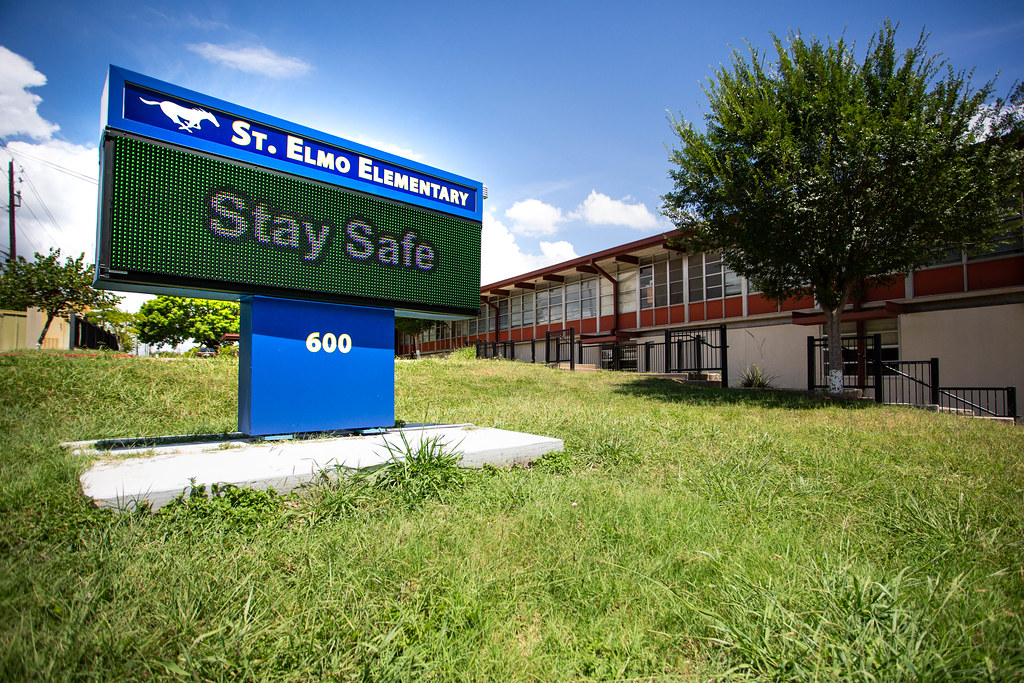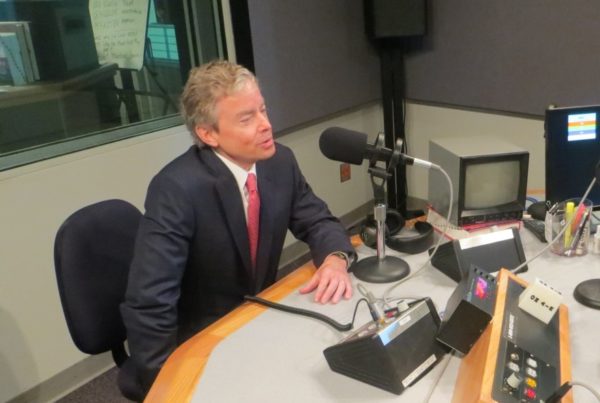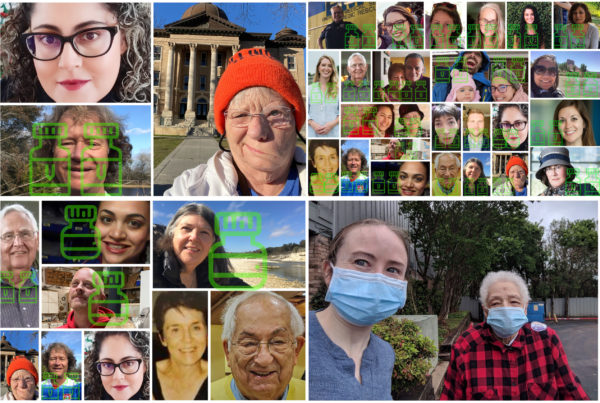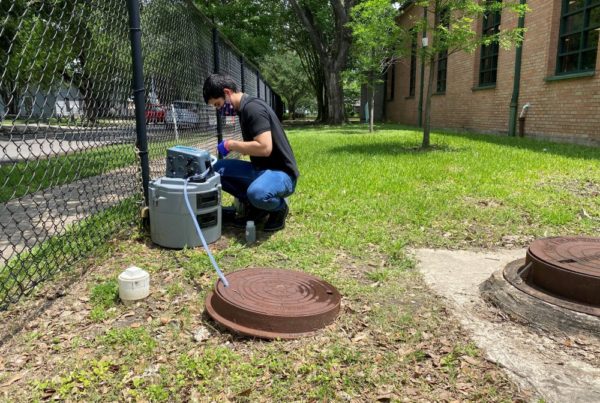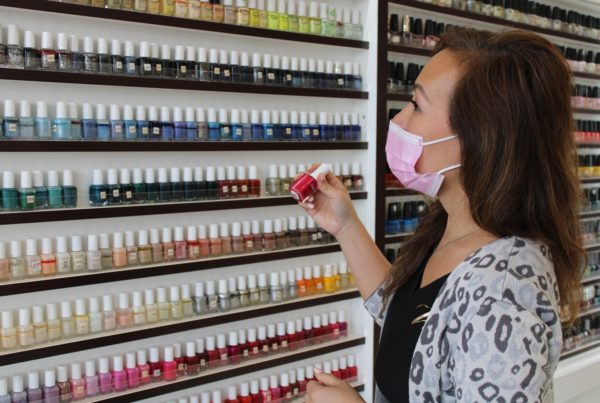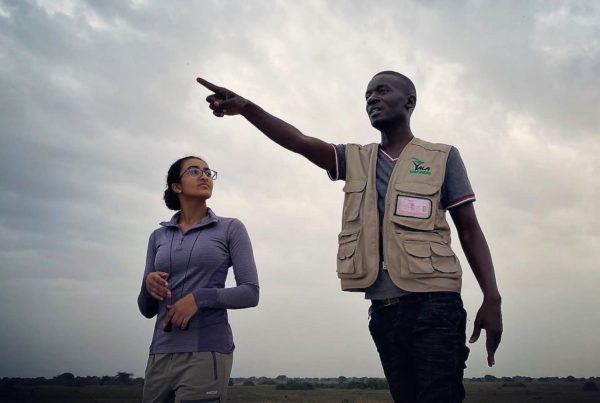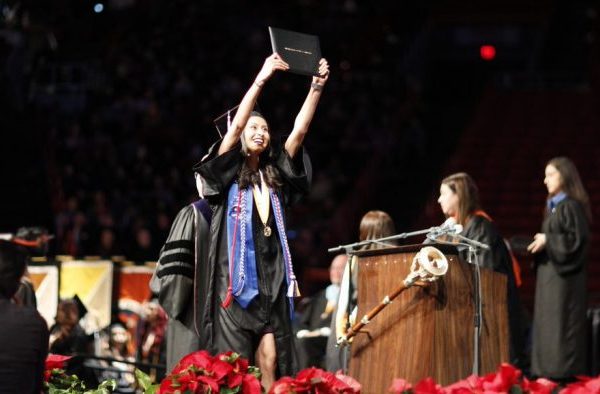A new report from researchers at the University of Kentucky shows how school reopenings in Texas last fall contributed to the spread of COVID-19.
Aaron Yelowitz is one of the report’s authors, and is a professor economics at the university. He and his colleagues focused on Texas because of its liberal reopening policy in many of the state’s districts last fall, compared to other states. They found that reopening contributed to an additional 800 COVID-19 deaths and 43,000 more cases in the first two months after reopening.
But Yelowitz says the reason for that isn’t because transmission of the coronavirus was particularly high in schools. Rather, it was because school reopenings meant a larger reopening of local economies overall.
“Parents are freed up to go back to work and be physically present there, or to do greater outside-of-home activities,” he said. “When schools reopen, there’s going to also be a burst of economic activity.”
That means simply focusing on preventing COVID-19 transmission in schools as a prerequisite for reopening them misses the point.
“What goes on in schools and what goes on outside of schools … those things are inextricably linked to each other,” Yelowitz said.
Texas was a useful case study because of how many schools reopened in areas with recent rises in COVID-19 cases. Yelowitz says his research shows that how, and under what conditions, schools reopen has an effect on community spread of the coronavirus. Knowing that, schools could now choose more flexible reopening strategies to adjust to the health status of their communities.
Yelowitz is optimistic about school reopenings this fall, however. That’s because of the vaccine. He says even if Texas doesn’t reach so-called herd immunity, enough people will likely be vaccinated to protect the people most vulnerable to COVID-19: the elderly and those with compromised immune systems. He expects there to be clusters of COVID-19 outbreaks, rather than widespread disease, which could make reopening safer than last year.
“There will probably be pockets where one ought to be careful about reopening schools,” Yelowizt said. “With effective vaccines like what we have, assuming that not much changes between now and the beginning of next school year… we think that things should be OK.”


